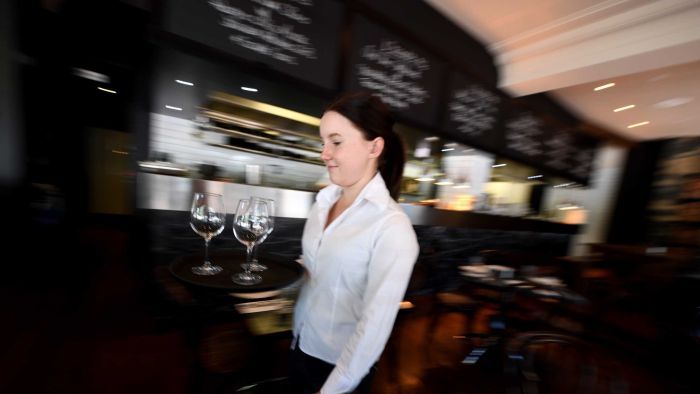Posted
April 24, 2020 06: 33: 42
Economists are leading a debate about whether now is the time to start rolling back social distancing restrictions in Australia, given rapidly falling new infection rates for COVID-19 and mounting economic and social costs of the widespread shutdown.
The profession is deeply divided, and that is mainly because there is no correct or easy answer.
Only hindsight will conclusively determine whether Australia did too little, too much or just about the right amount at the right time to contain the spread of COVID-19.
But one thing that is abundantly clear already is that there is a vast disparity between the group bearing the heaviest cost of the economic and social shutdown — the young — compared to the group gaining the greatest immediate personal benefit from containing the disease — the elderly.
Young shoulder the greatest financial burden
As much as it pains me to say it, I’m not really young anymore.
And so I write this piece sitting in the front room of a house I own (well, own a small part of so far), on a work laptop from my publicly-funded employer with my (reasonably) secure permanent full-time job.
Not everyone in their mid-30s is this lucky, but at least a decent number of us are.
This financial security, on average, rises for those in their 40s, and even more so for those in their 50s, 60s and beyond who bought properties before or in the early stages of the largest increase Australian property prices have ever seen, and probably ever will.
This is even more true for most, but of course not all, of those in retirement, the overwhelming majority of whom own the home they live in outright, meaning their basic living costs are extraordinarily low and asset wealth significant even if they do have to get by on the pension.
Contrast this with those under 35.
The majority rent privately (around 60 per cent) and the minority who

